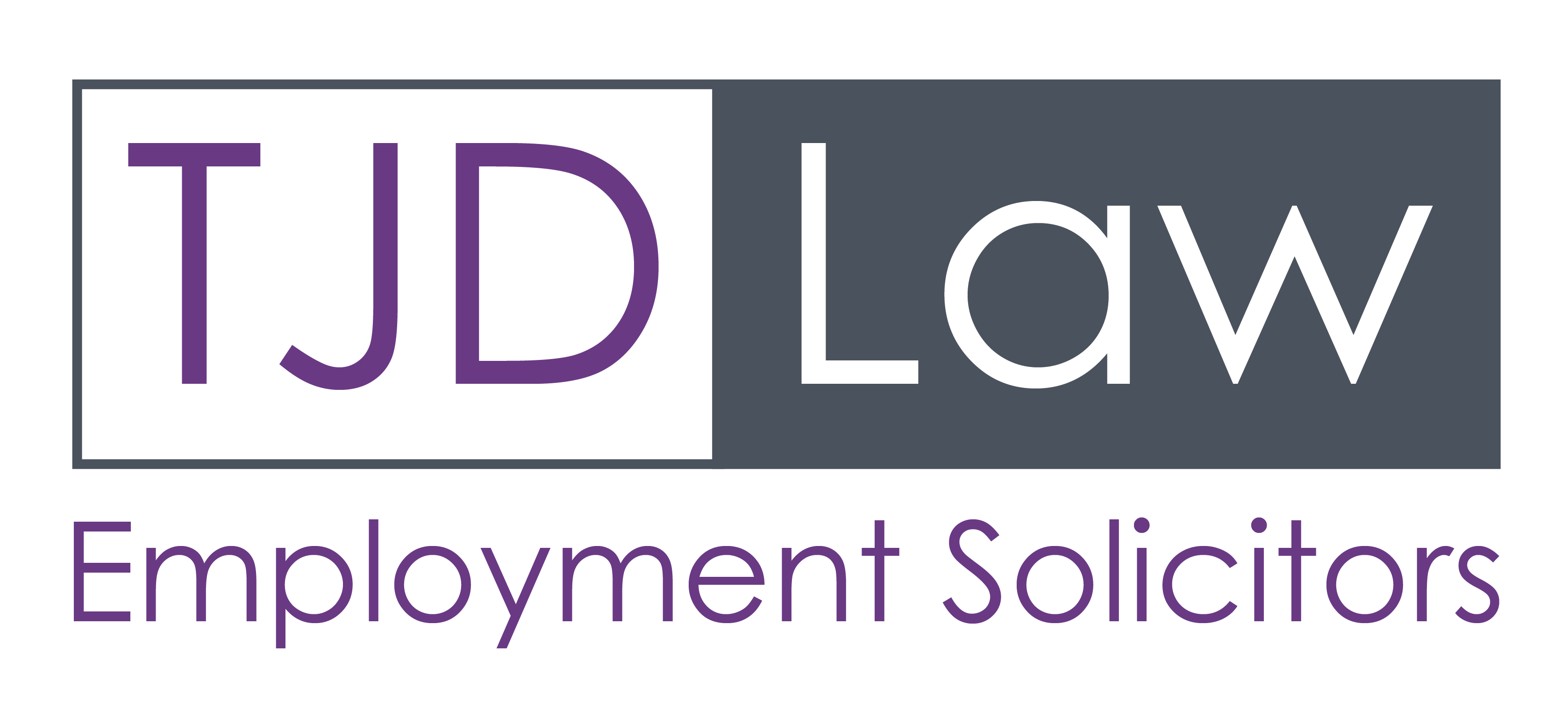Focus on…Worker Status
The gig economy continues to be reshaped by a wave of Tribunal cases establishing worker status for the individuals engaged in the delivery of those services.
Riding the momentum of the landmark Supreme Court decision in favour of Uber drivers in 2021, recent months have seen victories in the courts for 15,000 drivers from Bolt (another app-based ride service) and 700 drivers from Addison Lee (transport and courier services). In each case, the employer’s arguments that the individuals were self-employed were rejected in favour of a finding that they were ‘workers’.
What is Worker Status?
A worker is someone who performs services under any type of contract, who undertakes to perform the work personally (i.e. they can’t send a substitute) and where the other party to the contract cannot be said to be their ‘client’ or ‘customer’ (i.e. it excludes those who can genuinely be said to be self-employed and operating their own business).
Workers are not full employees, but they do benefit from a number of crucial employment rights and protections, including the right to receive national minimum wage, pension and statutory holiday entitlement.
The implications of this are considerable. In the case of Bolt, all 100,000 of its drivers will benefit from the decision, with total compensation estimated to be £200m. To compound matters for Bolt, worker status also affects which hours must be treated as ‘working time’. As in the Uber decision, the Tribunal found that this was not limited to actual driving time, but includes any times when drivers were (a) in the territory for which they were licensed; (b) had the app switched on; and (c) were ready and able to accept trips.
Given the similarity of the service to that of Uber, the result was perhaps unsurprising. Bolt argued, however, that they were in different position because of their “Bolt Link” feature, which allowed drivers to permit another registered driver to complete journeys on their behalf. The ability to send a substitute to complete the work will generally be fatal to a claim for worker status. However, the Tribunal rejected this argument, finding that this feature did not genuinely facilitate the delegation of rides, merely the central reassignment by Bolt to whichever driver was nearest.
It is not just the gig economy that is affected by the rise of the worker. In the recent case of Appiah v Tripod Partners Ltd, the Tribunal ruled that a ‘consultant’ social worker a who provided her services through a personal service company to a recruitment agency, and ultimately for the benefit of an end user client, was actually a worker of the recruitment agency.
Critical factors included that the claimant submitted timesheets, not invoices; worked full-time on her assignment; and had to perform the services personally. Consequently, regardless of what the contractual paperwork said, she was not in business on her own account, as neither the agency nor the end user could be said to be her ‘client’.
There is an important lesson here for any business currently engaging individuals on a ‘freelance’ basis. Even if the individual may be legitimately treated as self-employed for tax purposes, that will not prevent them establishing worker status under employment law if the test set out above is satisfied. If you haven’t undertaken a rigorous assessment of their employment status recently, you could be storing up an expensive liability in the form of backdated holiday pay.
TJD Law can assist with an assessment of employment status, ensuring that any such risks are identified and mitigated.

